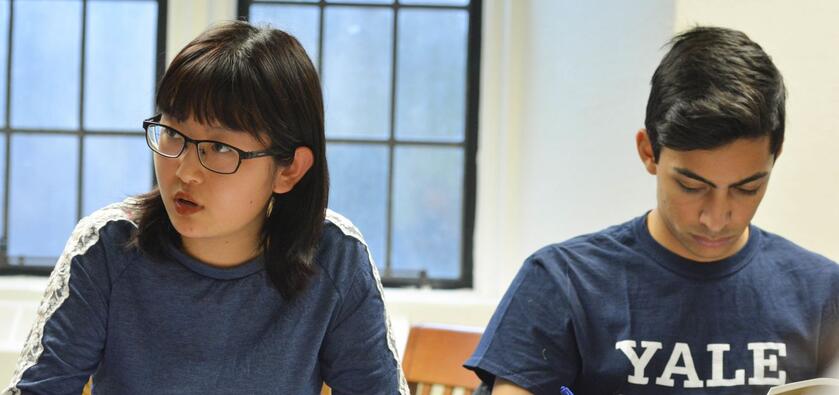Kristin Bair
Whether your characters are traveling through time, aisle 8 in the grocery store, or a busted-up relationship, we’ll look closely in this workshop at what makes them tick and how to make them feel like real people. We’ll talk about the basics of a scene: action, dialogue, and place. We’ll explore voice, conflict, the power of objects, and more. Together, we’ll read, write, discuss craft, write some more, laugh a lot, and, most likely, cry a little. Writers will return to their desks with big ideas, revision strategies, and more confidence in their work.

